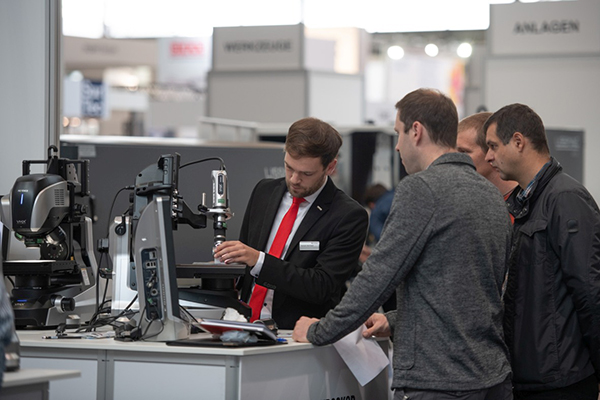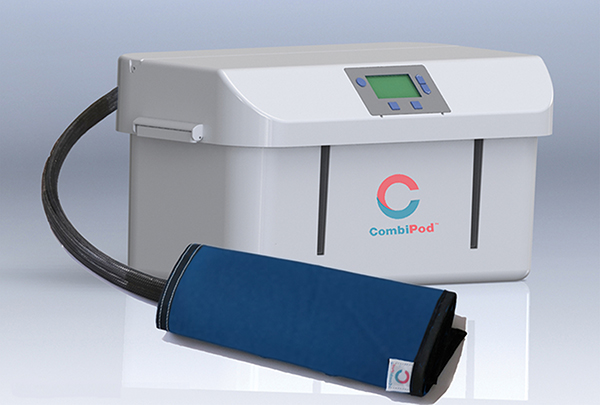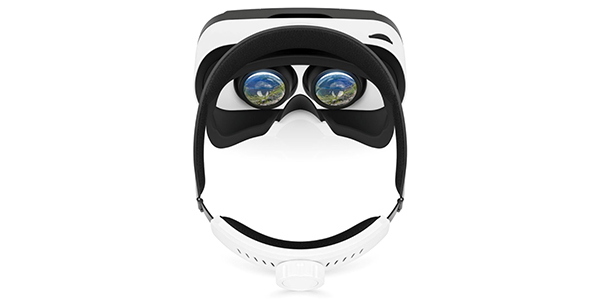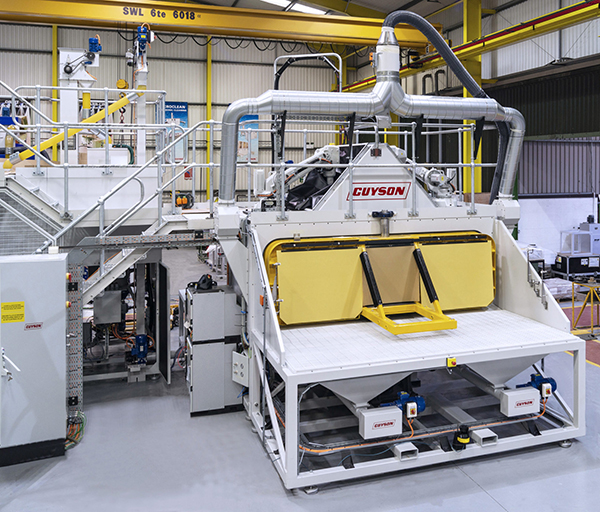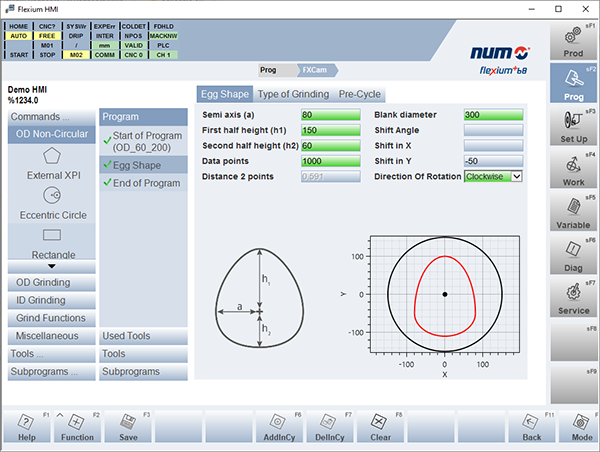DeburringEXPO, the fourth edition of the trade fair for deburring technology and precision surface finishing, will be held at the Karlsruhe Exhibition Centre on 12-14 October 2021.

The exhibition will be accompanied by an expert forum, which is in great demand as a source of knowledge, complete with simultaneously interpreted presentations (German <> English). Beyond this, examples based on actual practice and benchmark solutions will provide ideas and stimulation for the optimisation of processes.
The supplementary programme at DeburringEXPO will be geared towards increasing demands for efficiency in production and changing manufacturing technologies, such as in the areas of joining, coating and assembly. A new theme park ‘Automated Deburring with Industrial Robots’ will provide information concerning corresponding solutions, and address the integration of deburring and rounding processes in an interlinked/digitalised production environment. Elsewhere at the show, the ‘Cleaning after Deburring’ theme park will deal with growing demands for technical cleanliness.
DeburringEXPO has a very high proportion of participating visitors (94%) involved in operational investment decisions. These decision-makers are seeking out solutions in a targeted fashion at the show.
“The challenges faced by companies from virtually all manufacturing industries also have an impact on surface-finishing processes such as deburring, rounding, and the production of precision surfaces and cleaning,” explains Hartmut Herdin, managing director of promoter FairXperts GmbH & Co KG. “Beyond this, these process steps are becoming more and more important in the growing market for component conditioning.”
Key requirements in this regard include ongoing quality improvements, increased efficiency, optimisation, automation and the digitalisation of processes, as well as solutions for parts manufactured using new and modified production technologies, such as 3D-printed workpieces and components made from hybrid materials.
For further information
www.deburring-expo.com







